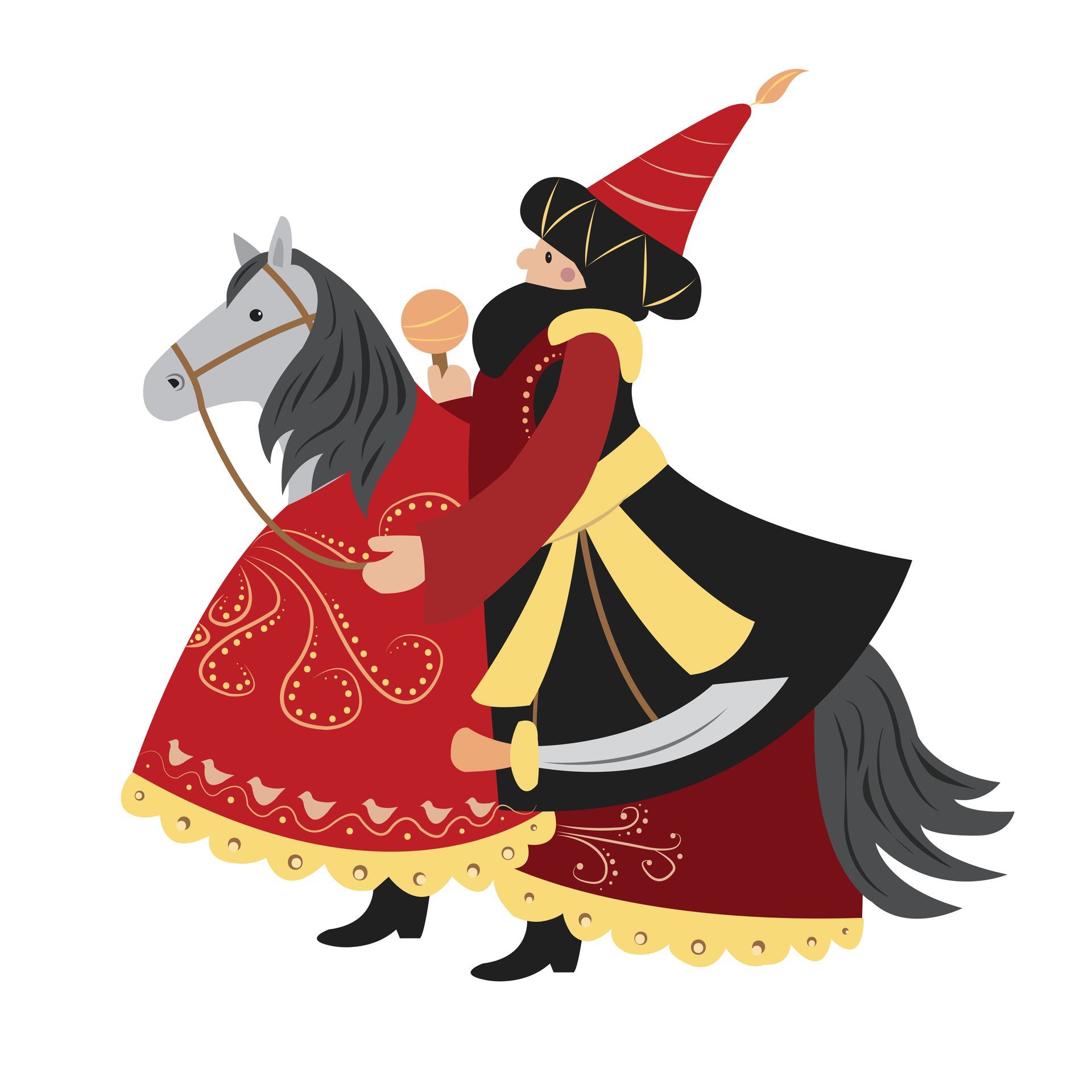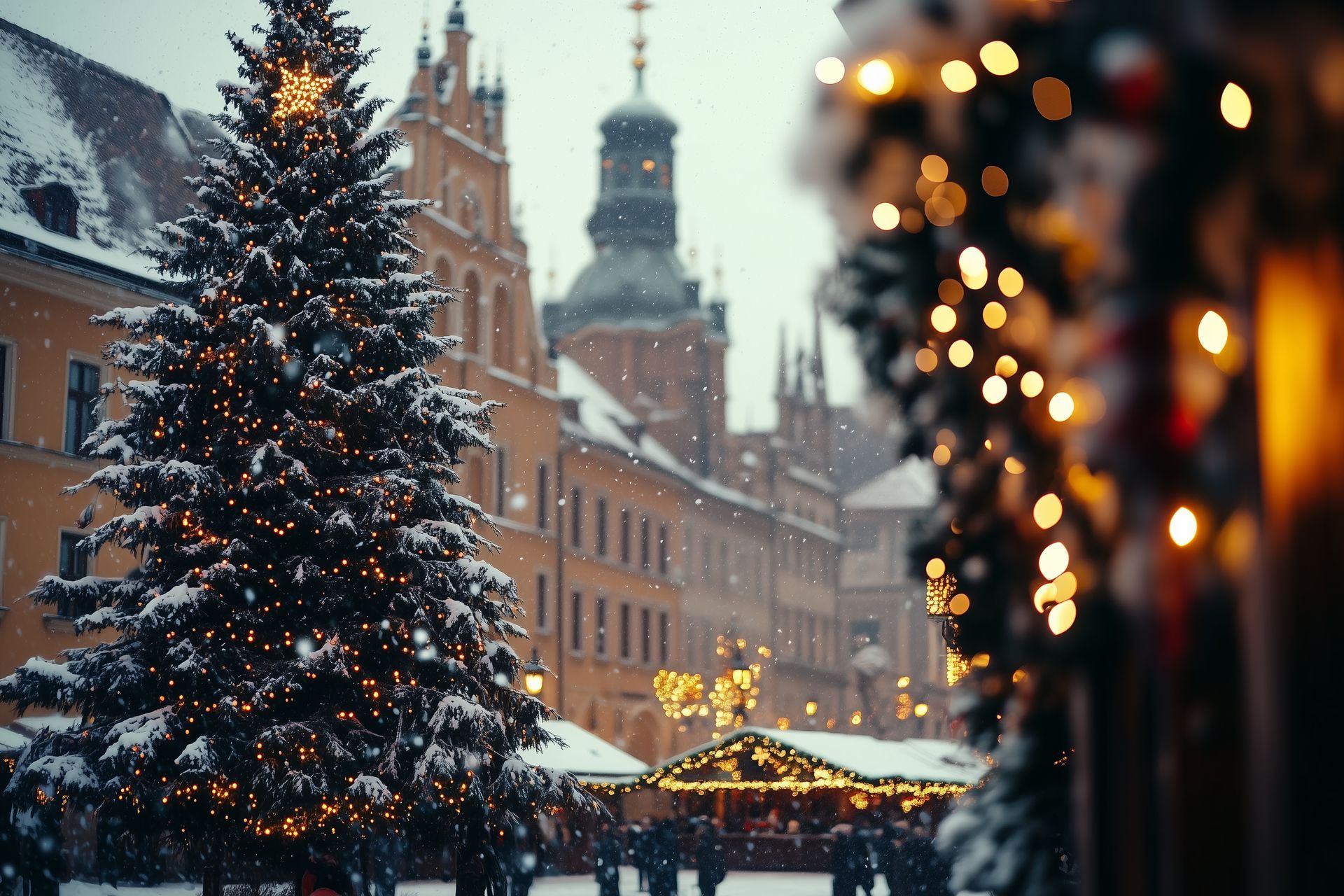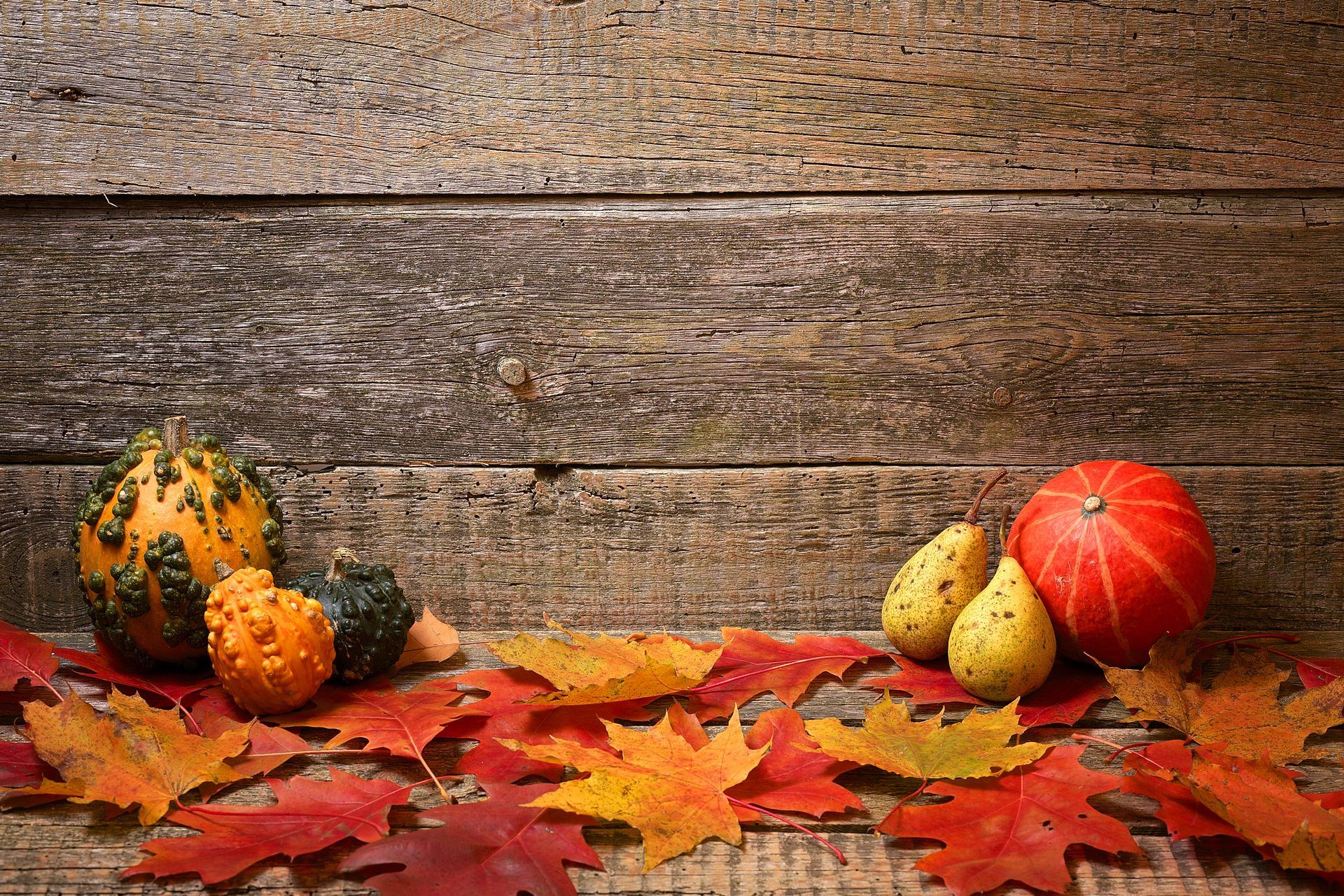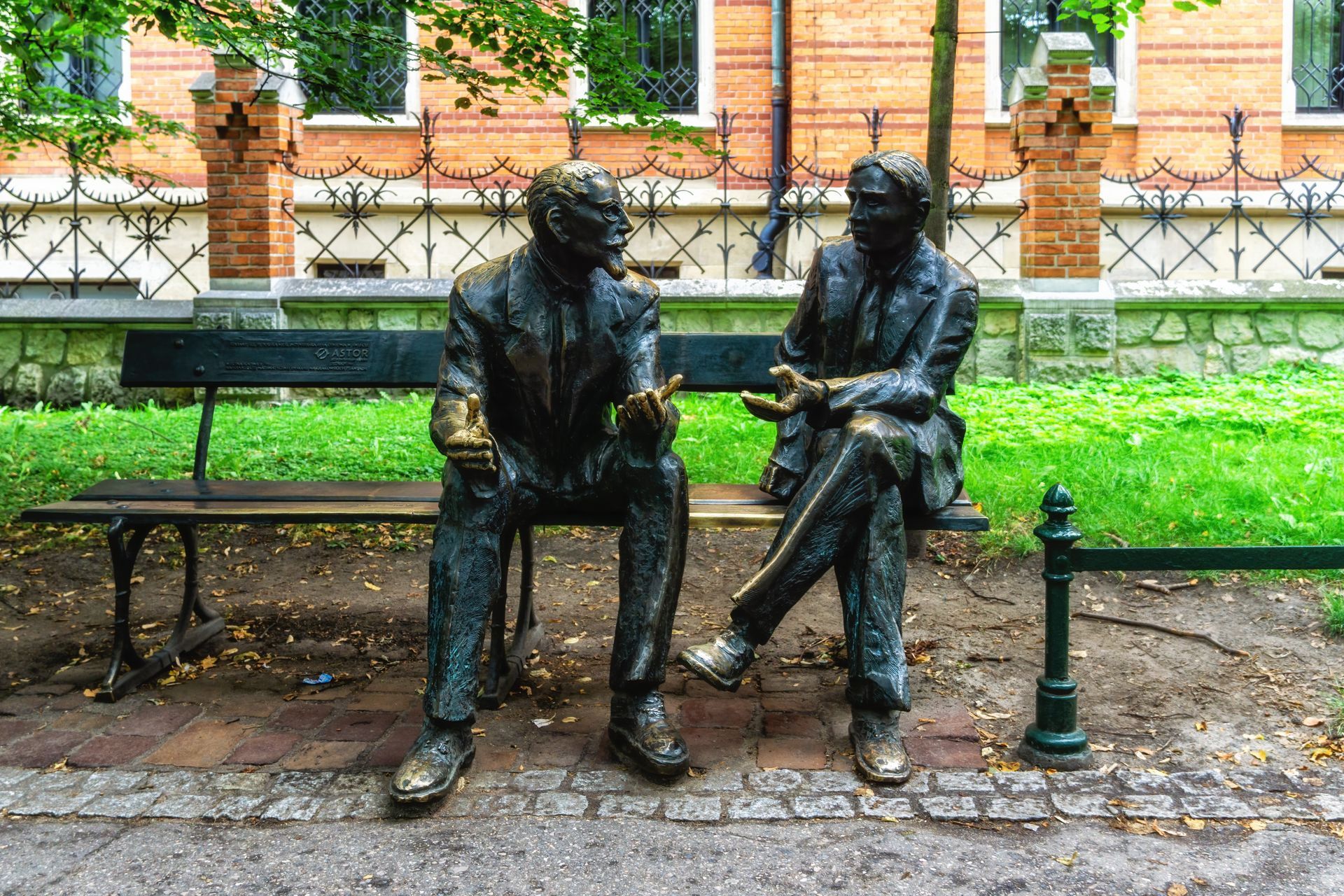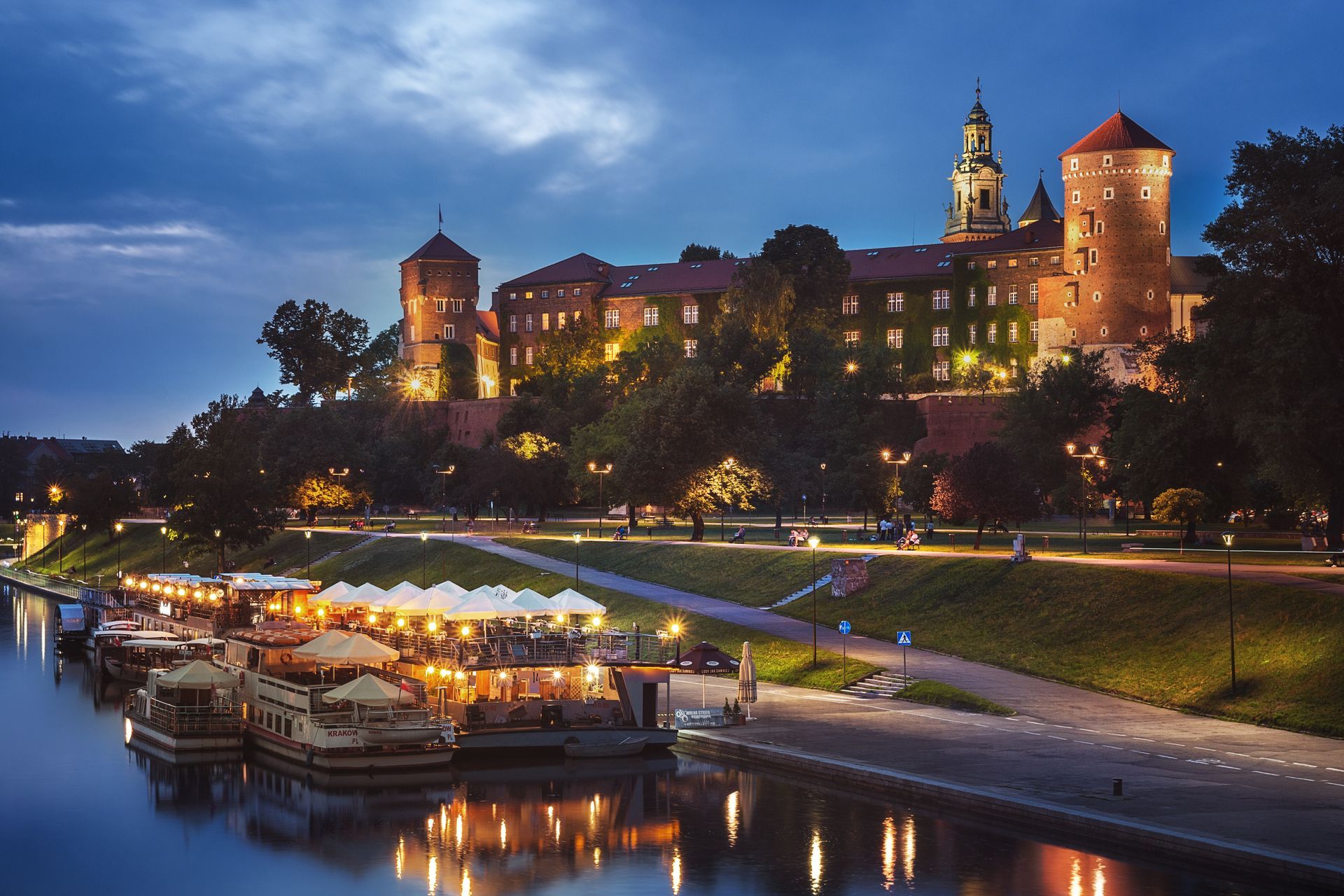Midsummer night, kupala night
Dancing, singing, jumping through fire, looking for ferns, and divination. What was Kupala Night like?
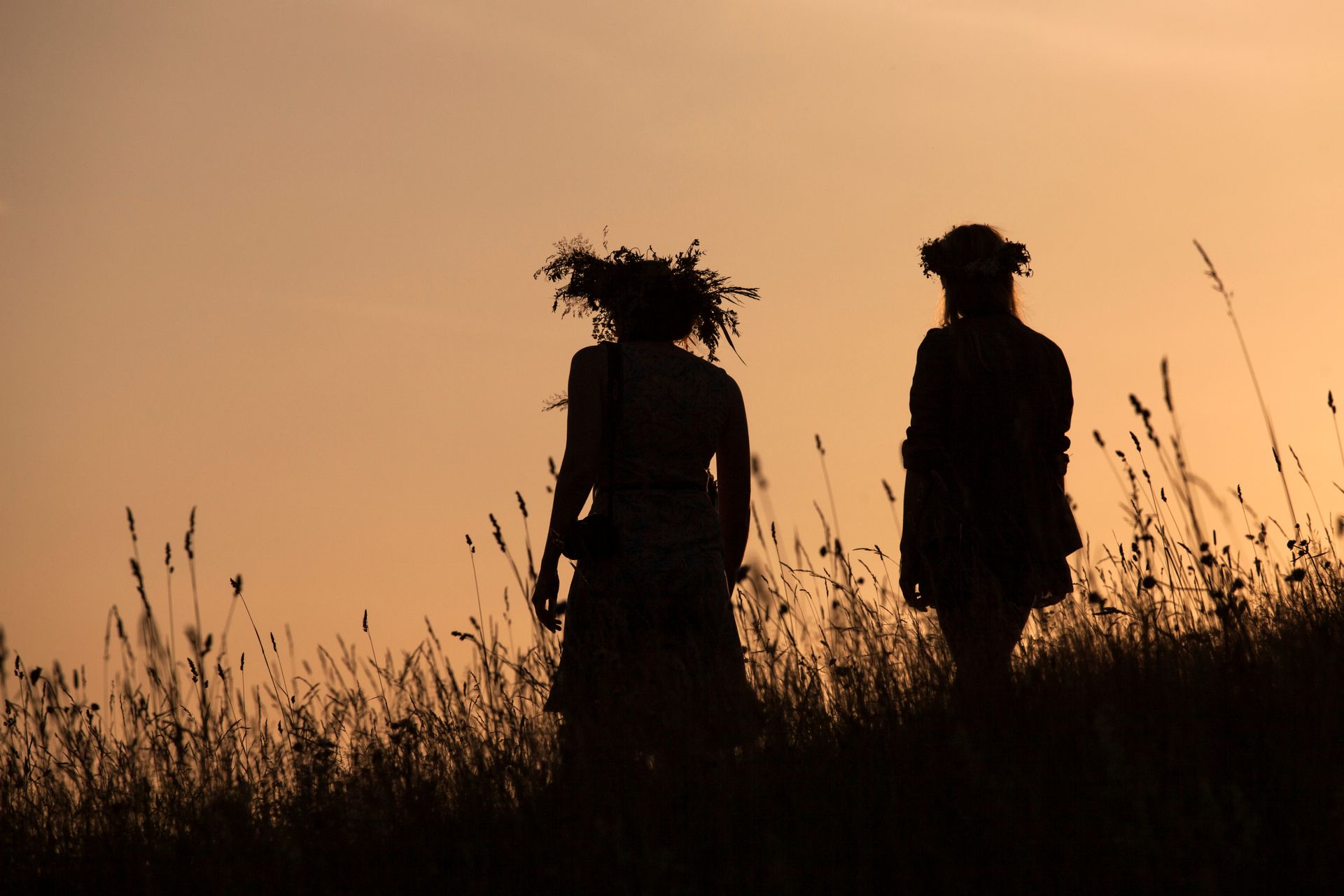
Kupala Night is a Slavic holiday associated with the summer solstice, celebrated during the shortest night of the year, which is around June 21-22. The festival of fire, water, sun and moon, harvest, fertility, joy, and love, is commonly celebrated in areas inhabited by Slavic people.
The customs and rituals associated with Kupala Night were to ensure health and fertility for those celebrating. Bonfires were lit in which herbs were burned. During the joyful games, various kinds of fortune-telling and dancing took place. In addition to jumping over fire and looking for a fern flower, various fortune-telling was also performed on Kupala night, very often related to love, which was supposed to help to know the future. Divinations were made from wildflowers picked in complete silence and from water in wells. It was also widely believed that people taking an active part in these celebrations would live in happiness and abundance throughout the year. In some regions, it was believed that until the Kupala Night, one could not bathe in rivers, streams, or lakes during the day, while bathing after dark or before sunrise cured various ailments, as the water was then a healing element belonging to the moon. According to beliefs, water and drowners and most other water demons liked to ambush thirsty people who unwisely take a bath before Kupala night. It was only after this holiday that bathing in the waters became relatively safe.
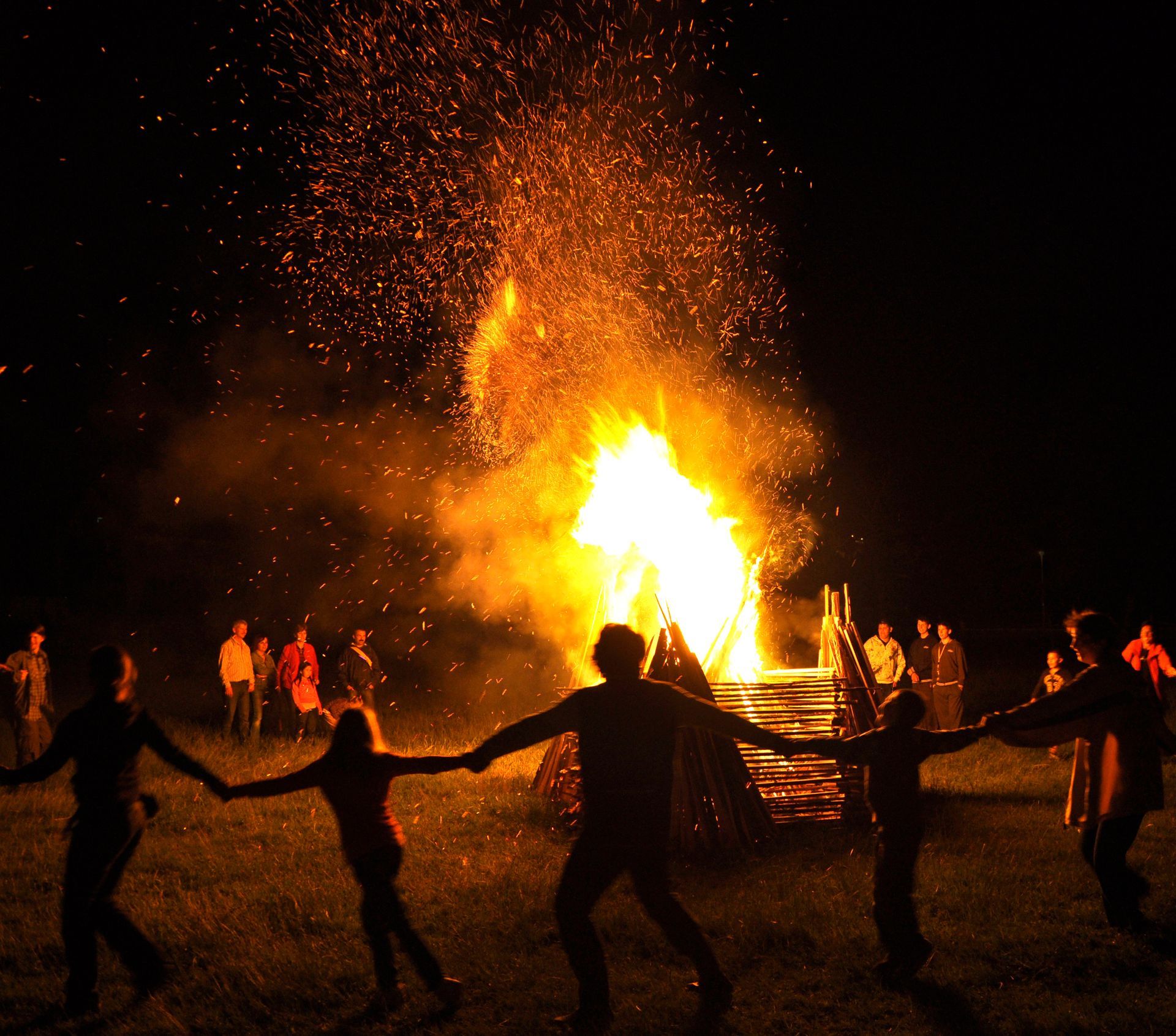
According to the legends, on the shortest night of the year, a fern blooms, and whoever finds, breaks, and hides its flower will have great luck. Legends tell of many people who wandered through forests and swamps, trying to find a magical one that bestows wealth, strength, and wisdom. Only one fern blooms in every forest, so hidden that it takes great luck to find it. Those who know miracles say that the way to the flower is very difficult and dangerous, that various fears hinder, defend, and do not allow and that extraordinary courage is needed to get this flower. This flower is difficult to recognize because it is tiny, ugly, inconspicuous, and only when broken off, it turns into a cup of wonderful beauty. However, it must be remembered that whoever manages to pick such a flower can have everything he wants, but he must not share his happiness with anyone, because everything will be lost at once.
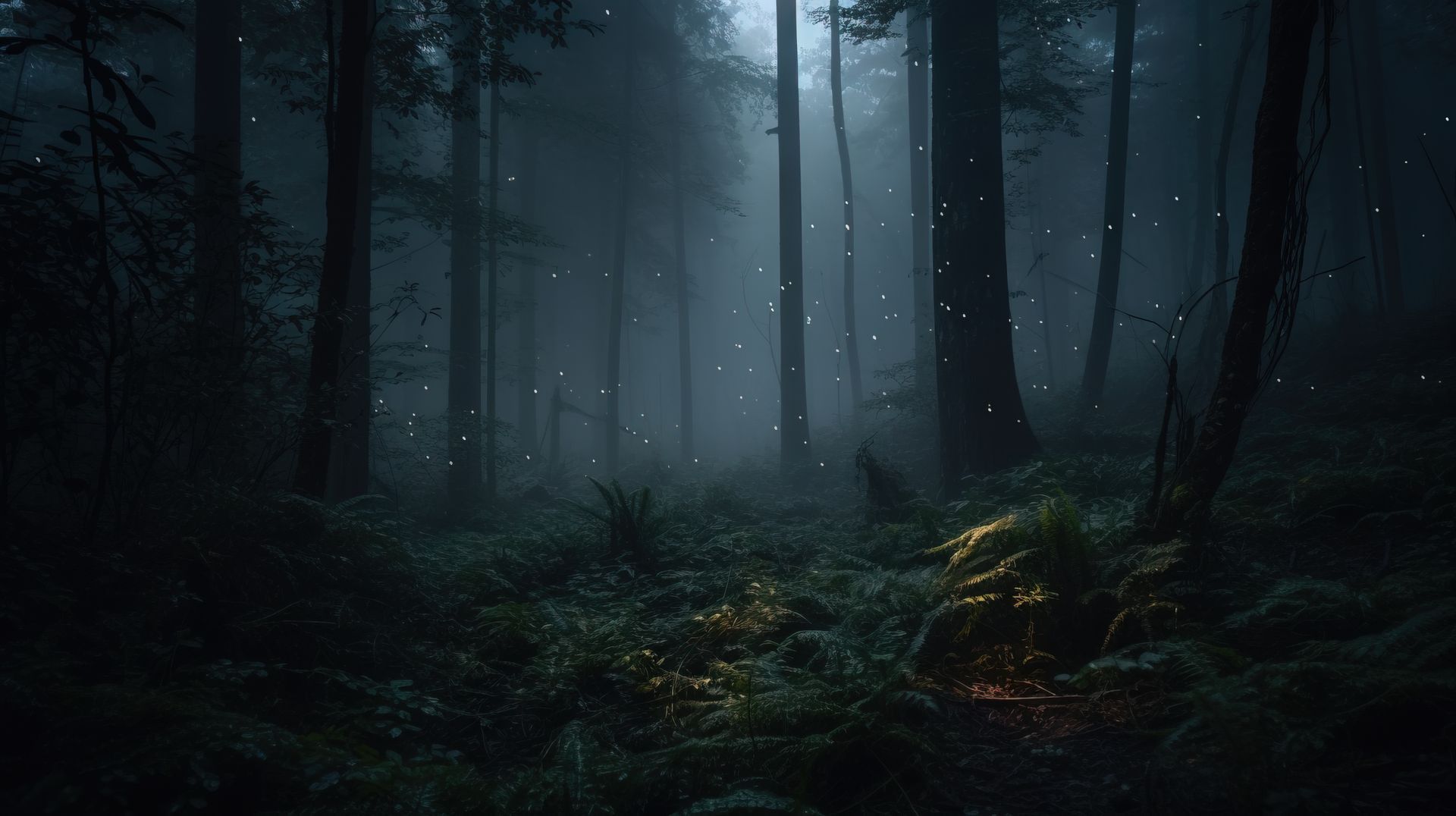
Another thing associated with the summer solstice are "wianki" (en. wreaths). Kupala night was also a night of pairing. In the past, marriage matching was the responsibility of the head of the family and the elders of the family, and the professional matchmakers they hired. But for girls who had not yet been engaged to anyone and wanted to avoid the customary form of matchmaking, Kupala night was a chance to win a lover. Young women wove wreaths of flowers and magical herbs, put burning sticks in them, and a collective ceremony with singing and dancing entrusted the wreaths to the waters of rivers and streams. Waiting below were the boys who, either by secret agreement with the girls or by luck, were trying to catch the wreaths. Anyone who succeeded returned to the celebrating group to identify the owner of the catch. In this way, the young couples could pair up without offending the custom, without exposing themselves to malicious comments or ridicule. On that night, they were even allowed to move away from the community together and walk alone in the woods.
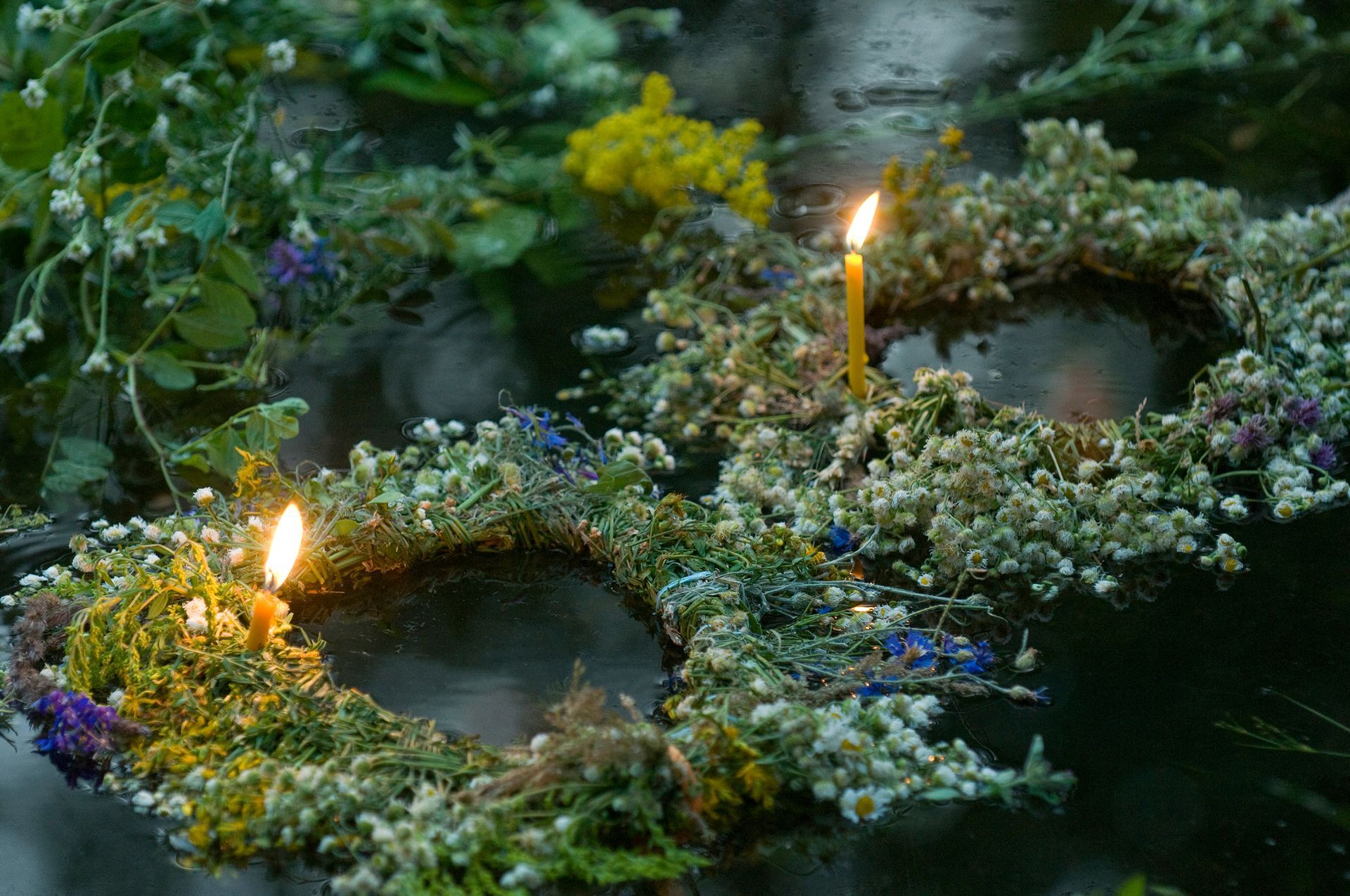
On the occasion of this walk, young girls and young boys were looking for a fern flower in the swamps, which bodes good fortune. At dawn, they would return to the still-burning fires, hand in hand, leap over the flames. This leap completed the rite of passing through water and fire; on this day in the year of its time, it was likewise a marriage rite.
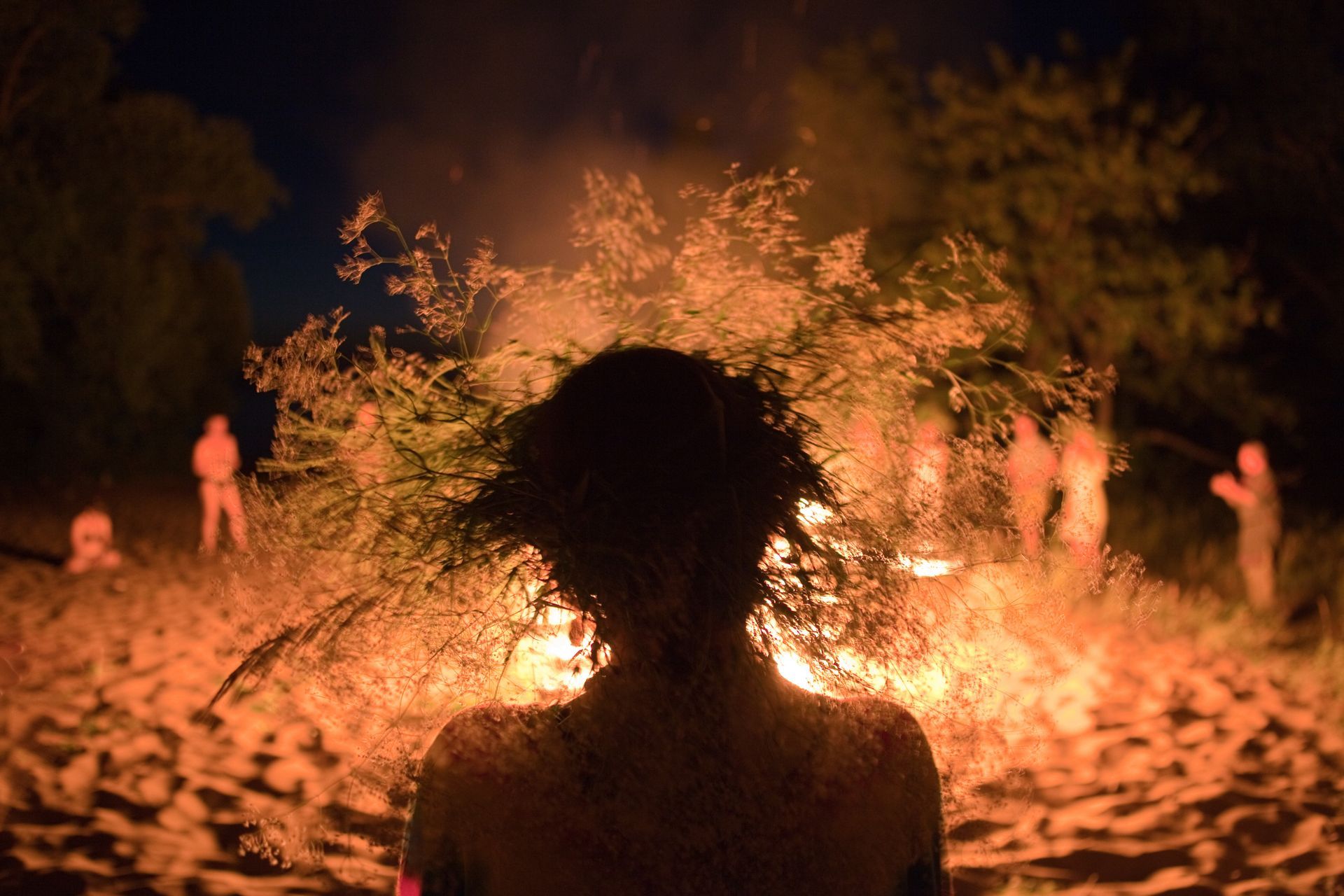
Magnetic Tours




